- TRADING PLATFORM REVIEWS
- TRADING PLATFORM UK
- BLOG
- CONTACT US
CFD trading is a popular way to trade financial instruments, but it has some risks that you need to be aware of. If you're new to CFDs and want to use them for your investment strategy, then there are several things you should do before opening an account with any particular broker.
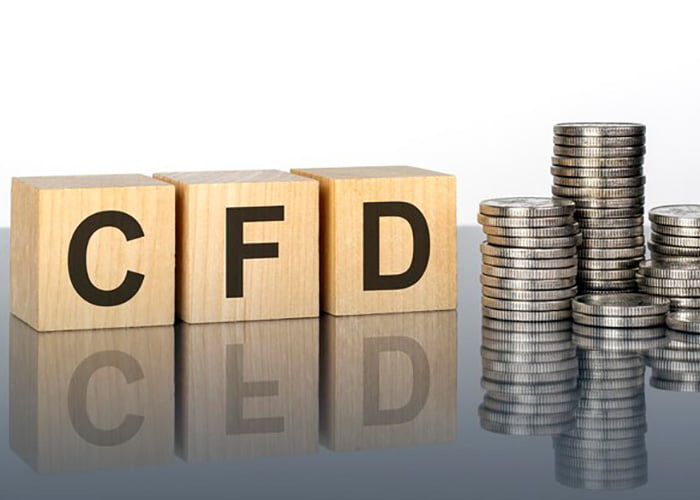
CFD trading is a popular way to trade financial instruments, but it has some risks that you need to be aware of. If you're new to CFDs and want to use them for your investment strategy, then there are several things you should do before opening an account with any particular broker.
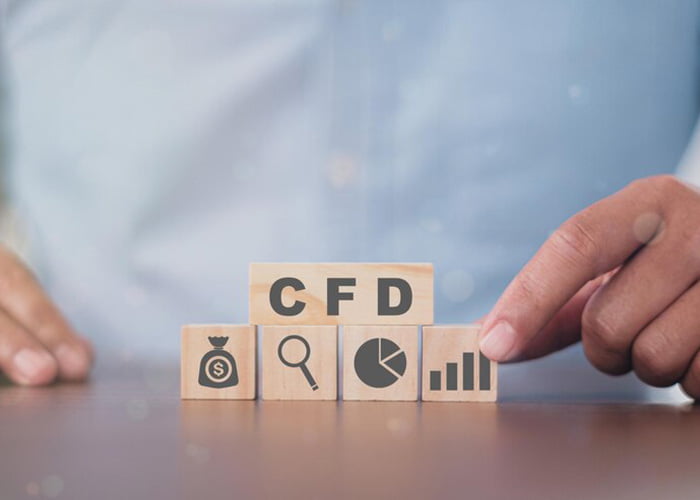
CFD trading is a type of investment that allows you to profit from an asset's rise or fall in price without actually owning that asset. It's become increasingly popular in the UK because it offers very high leverage, which is a major plus for investors.
CFD trading allows you to trade on leverage, which means you can use borrowed funds to make larger trades than your account balance would normally allow. This can be advantageous if done properly because it increases profits when the market moves favourably and reduces losses when things go sour—but it also comes with greater risk as well.
CFDs are contracts that expose investors to the price movement of an underlying asset without actually owning it. If you own a CFD, then your broker will hold the shares or other financial instruments on your behalf and pay you any profit from their movement.
CFD trading is very similar in structure to traditional stock trading: you can buy and sell CFDs through your usual brokerage account and will pay a commission when moving money between accounts or buying/selling assets.
However, unlike stocks, which require full payment before trading can take place, CFDs allow traders to trade on margin. This means that they don't need to deposit their full capital upfront; instead, they only need enough money to cover their initial investment requirement (known as 'margin').
However if a company has enough cash reserves then its shares could increase even further after positive news about its finances becomes public knowledge due to investor confidence returning at once again. This scenario applies whether talking about individual shares like Apple Inc., Amazon Inc., Tesla Motors Inc., Netflix Inc., Facebook Inc., Google-parent Alphabet Inc., etcetera...
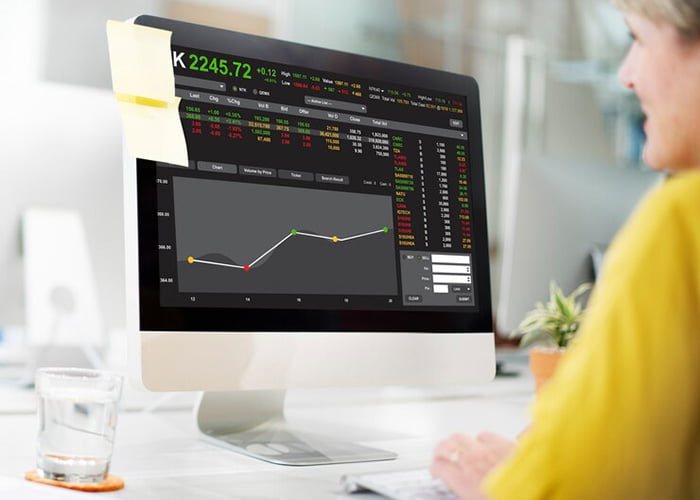
CFDs are leveraged products, which means investors can make more money using them. However, they also risk losing more money in case of a market downturn.
CFD trading is a derivative product that gives you the ability to trade on the price movement of an underlying asset without actually buying it. This means that you can profit from movements in the price of assets such as stocks and commodities without actually owning them—just like with options contracts or futures contracts. For example, a CFD contract represents a notional value of 100 units or shares; this is called "contract size."
Because these contracts have leverage, your profit potential will be greater than if you bought shares outright (but so will any losses). If you invest £10,000 into one share on the ASX and its price rises by 1%, then your investment will have risen by £100 to £10,000 total (including commission costs) at the expiration date.
But if instead of buying shares outright from their current market price today and selling them back at expiry later next month (known as "going long"), what if you paid just £500 for another type called call options instead? Then regardless of whether my stock performs poorly tomorrow or shoots up overnight during trading hours - all these scenarios still allow me access where before, only having access when going long allowed us access too!
When choosing a CFD broker, you can't forget about taxes. The difference between a fixed deposit and this type of investment depends on how much money you make from your trades. If you choose an account with high fees and low-interest rates, it will be difficult for your profits to grow. And if the market moves against your position, then those same high fees may wipe out all of your profits in one fell swoop.
The best way to avoid this problem is by choosing a platform that doesn't charge commissions or transaction fees at all. While this isn't always possible (some brokers do charge for withdrawals), these platforms usually offer better deals than those that do charge for everything, including withdrawals and deposits into their accounts.
Many people are ignorant of the fact that there are many types of taxes. The most common ones include income tax, corporation tax, stamp duty, and capital gains tax. But what's more important is that there are also taxes that you may not have heard about before, such as inheritance taxes, value added tax (VAT), and even property transfer fees or stamp duties—all these can be avoided if you're trading CFD products.
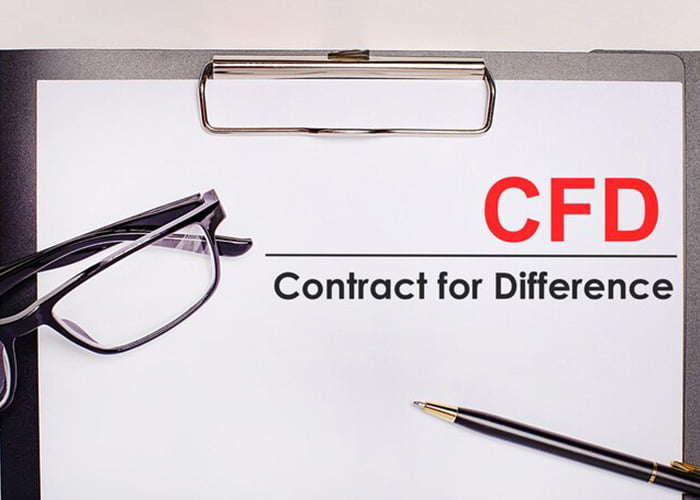
Most CFD brokers charge commission fees on top of spreads. These commissions can vary significantly between brokerages, but typically, they are a percentage of the trade amount.
For example, some brokers charge a flat fee per trade that can be as low as £2 or 3; others charge a percentage of the total value of an investor's account (e.g., £1 per position).
Commissions are charged on both sides of a trade—buying or selling—so your brokerage will typically charge you twice for each transaction: once when you buy shares at their current price and again when you sell them back at a higher price (or vice versa if your position moves against you).
However, not all CFD platforms are made equal. Some offer additional perks that can help improve your trading experience and allow you to trade with more money than others. For example, some of the best CFD trading platforms provide access to:
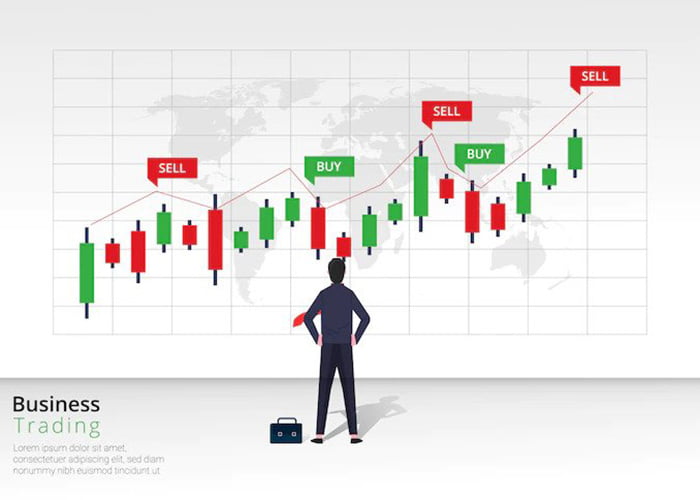
Choosing the right CFD trading platform is vital if you want to succeed in this market. The choice of broker is key, and many brokers today offer a wide range of tools with free access to market data feeds, so it's important to review everything carefully rather than simply going with the biggest name on the market.
While there are numerous factors that can affect which platform is best for your needs, one thing that cannot be ignored is customer service quality. In fact, a recent survey found that over 40% of respondents said they would rather deal with poor product features than poor customer service when choosing between two different platforms!
Choosing a reputable broker will give you access to helpful tools and information that can lead to profit potential.
A good place to start is by choosing a broker that offers the features you need. If you're looking for advanced trading tools and risk management options, it may be better to look at larger CFD brokers with dedicated teams working on developing new products. Brokers offering simple spreads are often less expensive but have fewer advanced features.
CFD trading is a great way to invest in the markets and hedge against potential losses. However, you need to ensure that your broker offers all of the necessary tools to help you make informed decisions about which trades are right for your portfolio.
If you're looking for in-depth information about CFD trading platforms, Trading Platforms UK is the website for you. We provide detailed reviews of some of the most popular and lesser-known trading platforms available, as well as comparisons of features and fees charged. Sign up today to gain access to all this valuable information!





2022 © Copyright Trading Platforms UK

